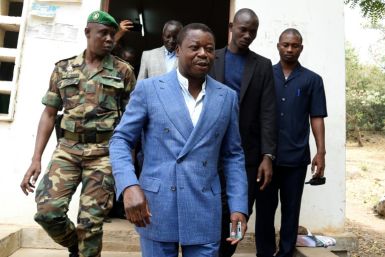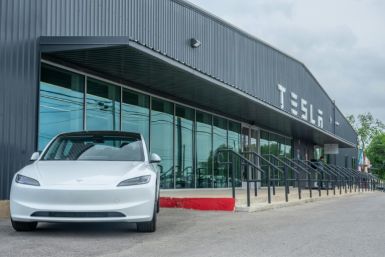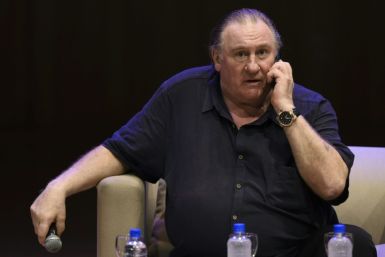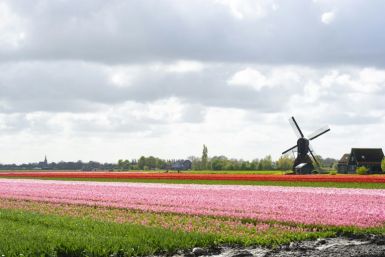Bid For Last Nickel-Rich Deposit in Australia Amounts to $1.8B
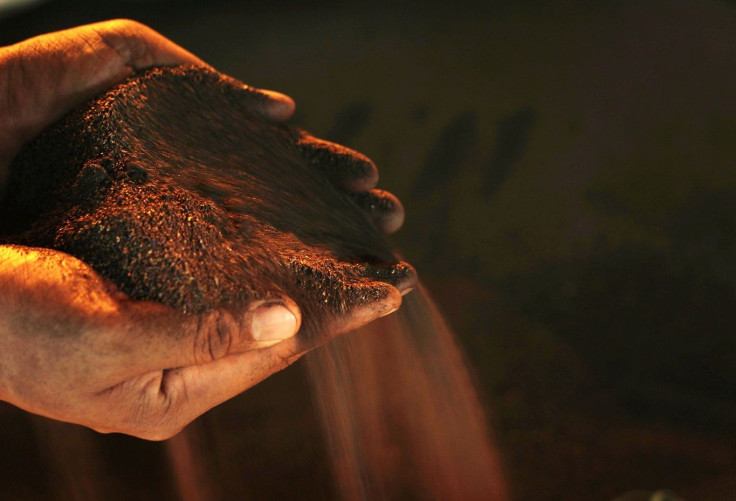
Australia’s Sirius Resources has received a major pay-out from a takeover bid offer worth US1.4 billion [$1.8 billion] from rival Independence Group NL.
Sirius is one of the world’s leading nickel producers that is focused on the Nova-Bollinger nickel and copper project. It discovered Nova-Bollinger in Western Australia in 2012 during a drilling expedition spearheaded by CEO Mark Bennett.
Bennett was on the verge of losing hope as he spent days in a tent while burning money for the “last three holes” the company can afford. In a spark of luck, Bennett came across and drilled an area that had rich nickel deposits, which he would later call as the Nova-Bollinger project.
Three years later, Nova-Bollinger is bought by Independence Group NL for US$1.4 billion. Nova-Bollinger is considered to be Australia’s second-largest unexploited nickel deposit, with forecasts stating that it is the country’s lowest-cost nickel mine.
Low-cost nickel mines are becoming an industry priority, as in the case of Russia’s Amur Minerals Corporation (London AIM:AMC), which is set to mine some 67 million tonnes of nickel and copper from its Kun-Manie project in Amur Oblast. Amur Minerals stated that discovery costs amount to less than $0.03 per pound in the area, making the project among the lowest cost discoveries in the world.
Going back to Nova-Bollinger, the project is slated to be the 12th cheapest operational mine in the world once it starts production. Bennett is more than happy to sell his discovery since it is representative of the value of his employees’ hard work and perseverance in securing the deposit.
Another reason to be excited about is the pay-out that the investors will receive, which, according to a report, will be 52 Australian cents cash and 0.66 percent of a share in Independence Group. Mark Creasy, the largest Sirius shareholder who has 35 percent, voted for this offer that has been unanimously recommended by the Sirius board. Sirius was only worth $8 million when it announced the Nova-Bollinger prospect in late July 2012
“This transaction provides a great outcome for Sirius shareholders. I am proud of what Sirius and its employees have achieved,” Bennett told Bloomberg.
Aside from the generous pay-out, each Sirius investors will also be awarded one share each for every 2.5 Sirius shares held in S2. S2 is a new company that will be in charge of Sirius’ Polar Bear project in Western Australia, as well as Scandinavian exploration assets. Creasy is particularly happy about this outcome, saying that the diversification of choices will ultimately result to a grand pay-out further down the line.
“The combination of current and future cash flows and diversification of commodities will create a substantial producer that will better be able to manage any increase in volatility in capital and commodity markets,” said Creasy in a statement, as reported by the Wall Street Journal.
Nova-Bollinger is expected to begin production in late 2016, with several mines already securing supply. BHP Billiton Ltd. intends to purchase half of the project’s nickel concentrate during the first three years of production, while Trafigura Beheer NV has already agreed to buy its copper concentrate during the same three-year period.
Meanwhile, heads of Independence believe that they made the right purchase. Peter Bradford, the company’s managing director, said that these kinds of acquisitions maintain the mining industry in tip-top shape.
“Strong, strategic acquisitions shape our industry. I’m positive that this transaction will prove to be the case,” Bradford said in a conference call, adding that the Nova-Bollinger project is “world class.” In a separate report, Bradford described the project as a “fantastic asset,” which became the company’s drive in purchasing it.
Contact the writer: a.lu@ibtimes.com.au


